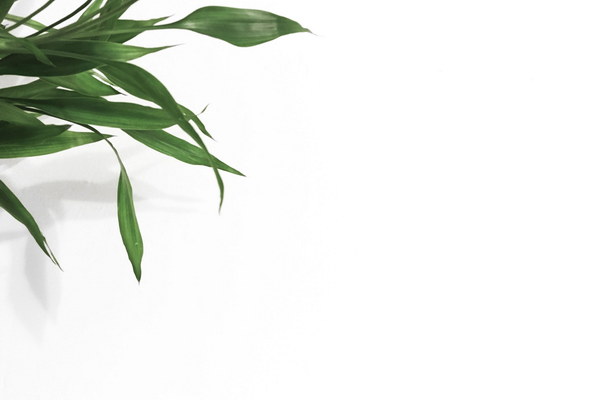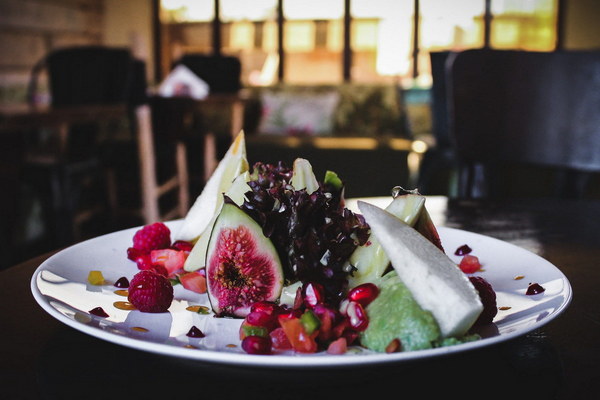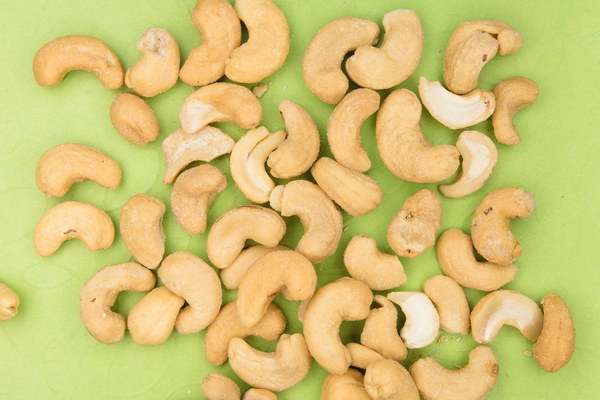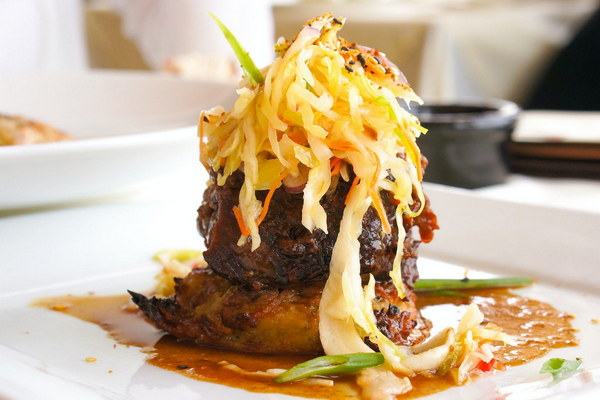Ancient Wisdom for Modern Health Unveiling the Timeless Secrets of Traditional Chinese Health Remedies
In a world where modern medicine has become the go-to solution for every ailment, it is often forgotten that the wisdom of ancient cultures holds valuable secrets for maintaining health and well-being. Traditional Chinese medicine (TCM) is one such treasure trove of knowledge, offering a myriad of health remedies that have been passed down through generations. Here, we delve into the timeless secrets of these traditional health practices, exploring how they can be incorporated into our modern lives.
The Philosophy of Balance
The foundation of TCM is the concept of Yin and Yang, the belief that the body operates through a delicate balance of these two opposing forces. When this balance is disrupted, illness arises. Therefore, the goal of TCM is to restore harmony, often through a combination of diet, exercise, herbal medicine, and other natural remedies.
Herbal Remedies: Nature's Pharmacopeia
One of the most renowned aspects of TCM is its extensive use of herbal remedies. Ancient Chinese texts, like the Shen Nong's Herbal, detail the properties and uses of over 1,000 herbs. Here are a few examples of traditional Chinese herbs and their modern health benefits:
- Gan Cao (Licorice Root): Known for its ability to harmonize the body's energies, gan cao is often used to alleviate stress and improve digestion.
- Ginseng: A well-known adaptogen, ginseng is believed to boost the immune system, increase energy levels, and support overall vitality.
- Chuan Xiong (Ligusticum Chuanxiong): This herb is used to improve circulation and relieve pain, making it beneficial for conditions like headaches and menstrual cramps.
Dietary Practices: Nourishing the Body from Within

In TCM, the food we eat is considered a vital component of our health. The philosophy is to consume foods that align with the season and the body's needs, thereby supporting the body's natural balance. Here are a few dietary practices to consider:
- Five Elements Diet: This diet is based on the five elements—wood, fire, earth, metal, and water—and encourages the consumption of foods that correspond to these elements to maintain health.
- Seasonal Eating: Eating according to the seasons ensures that the body receives the appropriate nutrients to cope with the changing weather and environmental conditions.
Exercise and Movement: Promoting Vitality
TCM emphasizes the importance of regular physical activity to maintain health. Tai Chi, Qigong, and yoga are all traditional practices that promote the flow of Qi (vital energy) throughout the body. These gentle, meditative exercises are known for their ability to reduce stress, improve balance, and enhance flexibility.
Acupuncture: Healing Through needles
Acupuncture, the insertion of fine needles into specific points on the body, is another key aspect of TCM. This practice is thought to unblock the flow of Qi, thereby promoting healing. Modern research has shown that acupuncture can be effective for a variety of conditions, including chronic pain, migraines, and stress-related disorders.
Conclusion
The ancient wisdom of traditional Chinese health remedies offers a holistic approach to health and well-being that can be easily integrated into our modern lives. By embracing the principles of balance, diet, exercise, and natural remedies, we can tap into the timeless secrets that have sustained the health of millions for centuries. So, why not give these traditional practices a try and discover the benefits for yourself?









